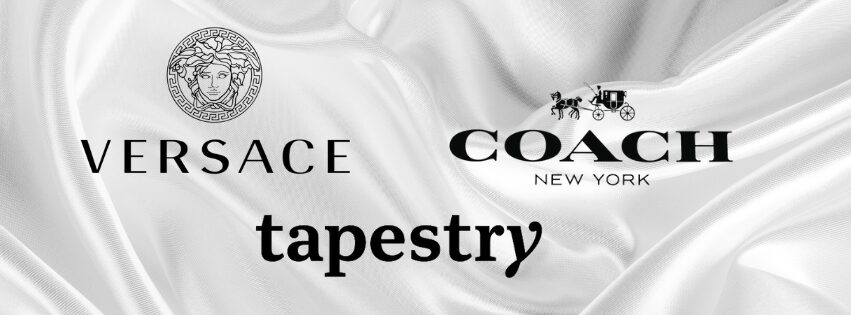A federal judge has blocked the $8.5 billion deal between Capri Holdings, parent company of Coach and Versace, and Tapestry. This ruling halts the merger aimed at creating a powerful American fashion conglomerate to compete with European luxury giants. The decision not only reflects the complexities of corporate mergers but also raises questions about the future of the venture capital landscape, particularly in the luxury sector.
Key Details of the Ruling
The judge’s decision stems from concerns raised by the Federal Trade Commission (FTC) that the acquisition would undermine competition in the “accessible-luxury handbags” market. The ruling highlighted fears that the merger could lead to higher prices, reduced product diversity, and negative impacts on employee compensation. This reflects increasing scrutiny of large mergers, as regulatory bodies prioritize consumer welfare and market competitiveness.
Impact on the Luxury Market
The halted acquisition signals a cautious approach toward consolidation within the luxury fashion industry. As companies seek to scale, this ruling serves as a reminder of the regulatory hurdles they may face. The luxury market, characterized by high margins and intense competition, remains attractive for investors, but this ruling could prompt a strategic shift for brands looking to consolidate.
Implications for Venture Capital
The blocking of the Capri Holdings-Tapestry deal is relevant for the venture capital market, leading to several considerations:
Increased Regulatory Scrutiny: Venture capitalists may need to account for regulatory challenges in sectors prone to consolidation, potentially deterring bold moves.
Shift in Investment Focus: Investors might pivot toward startups emphasizing innovation and sustainability rather than those focused on acquisitions.
Opportunities in Compliance Tech: With regulatory environments tightening, demand for technology solutions assisting companies in compliance could increase, presenting investment opportunities in RegTech.
Market Valuations: Uncertainty surrounding large acquisitions can impact market valuations, prompting investors to adjust expectations accordingly.
Long-Term Strategic Planning: Companies in the luxury sector must reconsider long-term strategies, focusing on sustainable growth and strong brand identities to attract investment.
Conclusion
The U.S. court’s ruling to block the $8.5 billion buyout of Capri Holdings by Tapestry has ramifications beyond the luxury fashion sector. As the venture capital market navigates this evolving landscape, investors and companies must adapt to increasing regulatory scrutiny and rethink growth strategies. While challenges abound, opportunities also emerge for those willing to innovate and prioritize consumer interests.
Monitoring these developments will be essential to understanding their influence on investor sentiment and the future of venture capital in the luxury and broader retail sectors.
Reference
Business.Inquire.Net – https://business.inquirer.net/486639/us-court-blocks-coach-owners-8-5b-buyout-of-versace-parent




